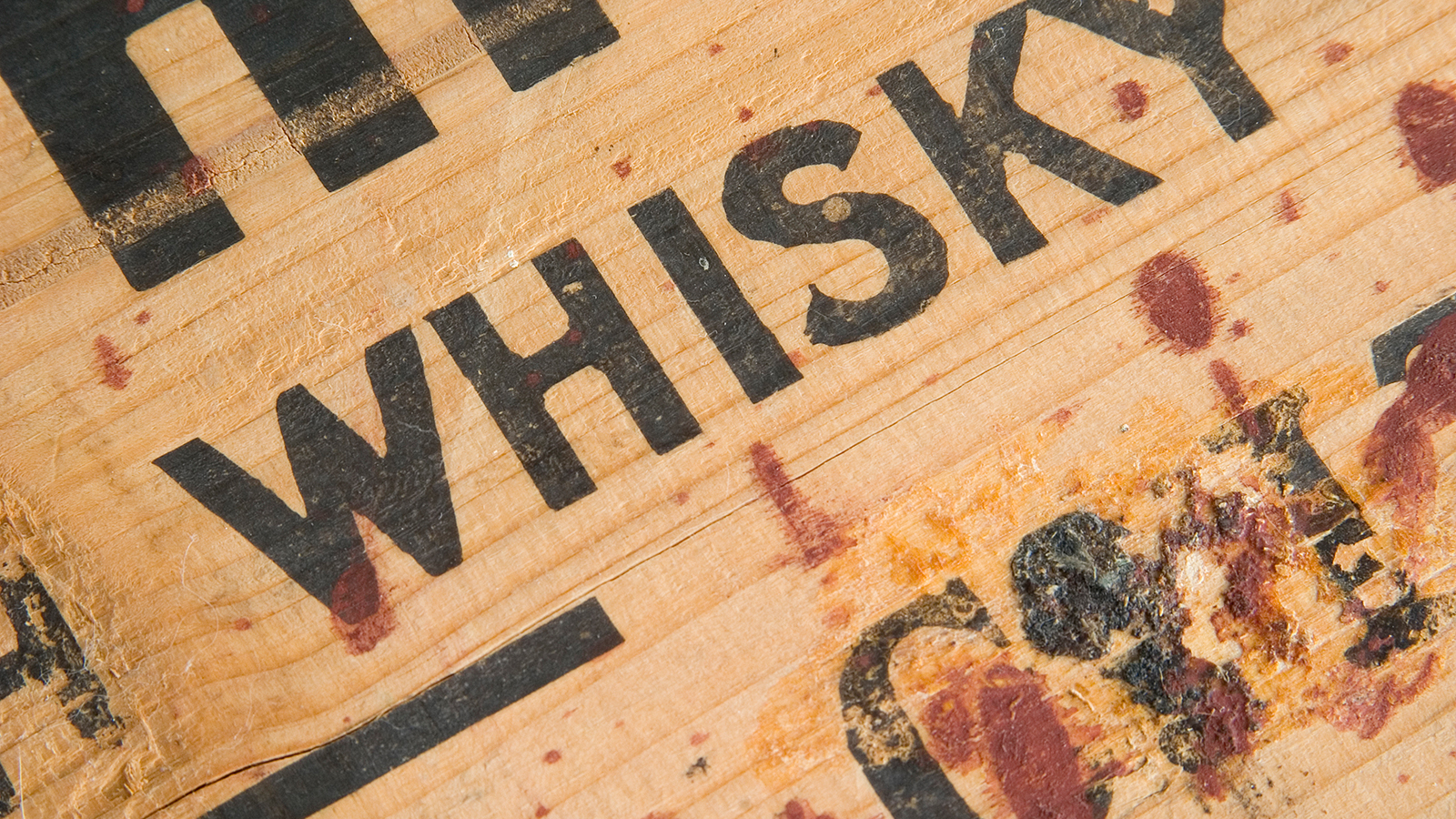
Finding rare whisky on the shelf—a practice dubbed “whisky antiquing”—isn’t seek and destroy, but rather, a search and enjoy mission. Follow these steps to securing liquid gems.
Assess Your Aspirations
Record an inventory of the whiskies you own and the styles you drink most. You probably already have more expertise than you even realize, so apply extra focus here when hunting.
Establish a Perimeter
Pick a central starting point and establish a radius for your search. Search for “liquor stores,” “wine shops,” “package stores,” and “wine and spirits” on Yelp and Google Maps. Chart a route, paying close attention to opening and closing times.
Search High and Low
Any store can hold treasure. Old, run-down stores are more likely to have dusty bottles. Upscale wine shops often harbor limited-edition scotches and other spirits. High-volume shops and chains get larger allocations of rare whisky. Snoop around in beach towns and seasonal destinations in the off-season.
Make a Happy Return
When stores produce, visit again another time—they may not put all their old whisky on shelves at once. They’ll often continue to trickle out more interesting bottles over time, and it never hurts to become a repeat customer.
Leave a Bad Taste
Watch out for whiskies with low fill levels and bottles with faded labels that may have sat in direct sunlight for years—these can be signs of poor storage conditions and possible degradation.
Head for the Champagne Room
Most people assume the rare wine and spirits room, locked glass cases, and shelves behind the counter harbor only pricey bottles, but they can hold affordable treasures. Sometimes, these may include spirits on consignment from private collections that are unattainable otherwise.
Pay Respect
Don’t hesitate to talk to the owner or store staff. Just because you’ve never seen something before doesn’t mean it’s rare, and just because it’s rare doesn’t mean it’s good. Some owners love whisky as much as you do and will be excited to hook you up. However, don’t disrupt the normal flow of the store’s business, especially if they’re clearly not whisky enthusiasts.
Use a Research Assistant
Trust your instincts about what to buy, but not what to pay—check the Whisky Advocate Buying Guide, available at whiskyadvocate.com, for scores and prices at time of release. Wine-searcher.com lists current availability and prices.
Make a Deal
You can haggle in some stores; use your judgment. Don’t attempt negotiation the first time you see a good bottle—but if it’s still there a few months later, the owner may just want to get rid of it. Cash helps. Don’t bother if the owner isn’t there. If you ask for a discount on highly marked-up, allocated rarities, you may be laughed out of the store—or you might get a great deal.
Put Cash on the Barrel
Set a budget—the maximum you’ll spend on any one item and a total limit for the day. Some stores, especially small, privately owned ones, prefer or require cash. However, most accept credit cards. Spendthrifts, leave your credit cards behind and bring cash.
Use the Buddy System
Bring a friend or your significant other (if they like whisky), but decide beforehand how you’ll divide up any spoils. It’s easier if you like different kinds of whisky or have very different budgets.
Revel in Defeat
It’s okay to go home empty-handed, as long as you have a good time along the way. Add other fun activities to the day. Incorporate a walk through a local park. Visit a coffee shop, antique store, craft distillery tasting room, or beer bar. Drink something nice afterward to celebrate your adventure.






